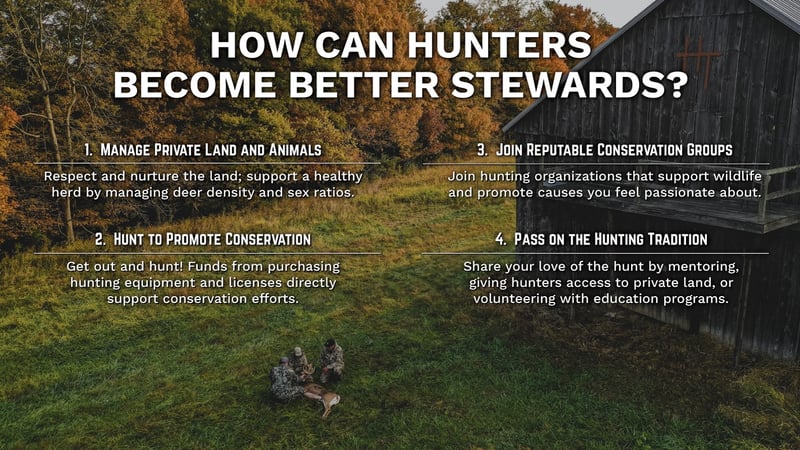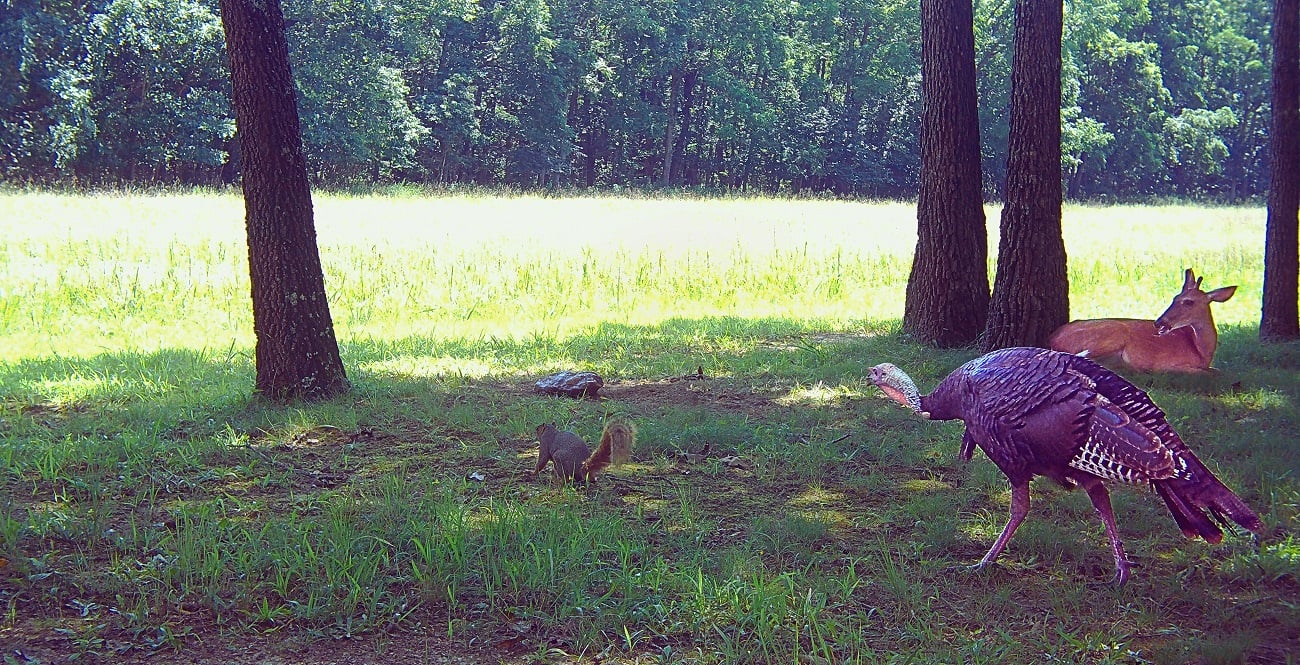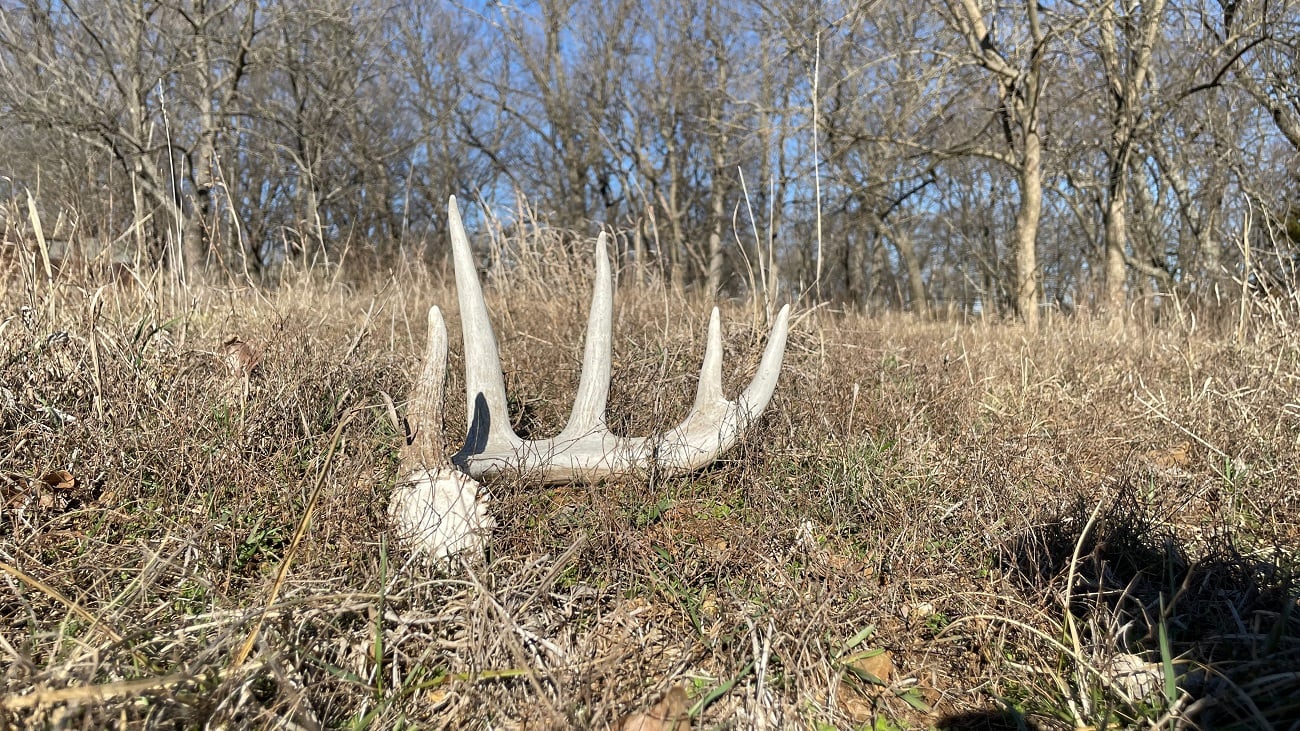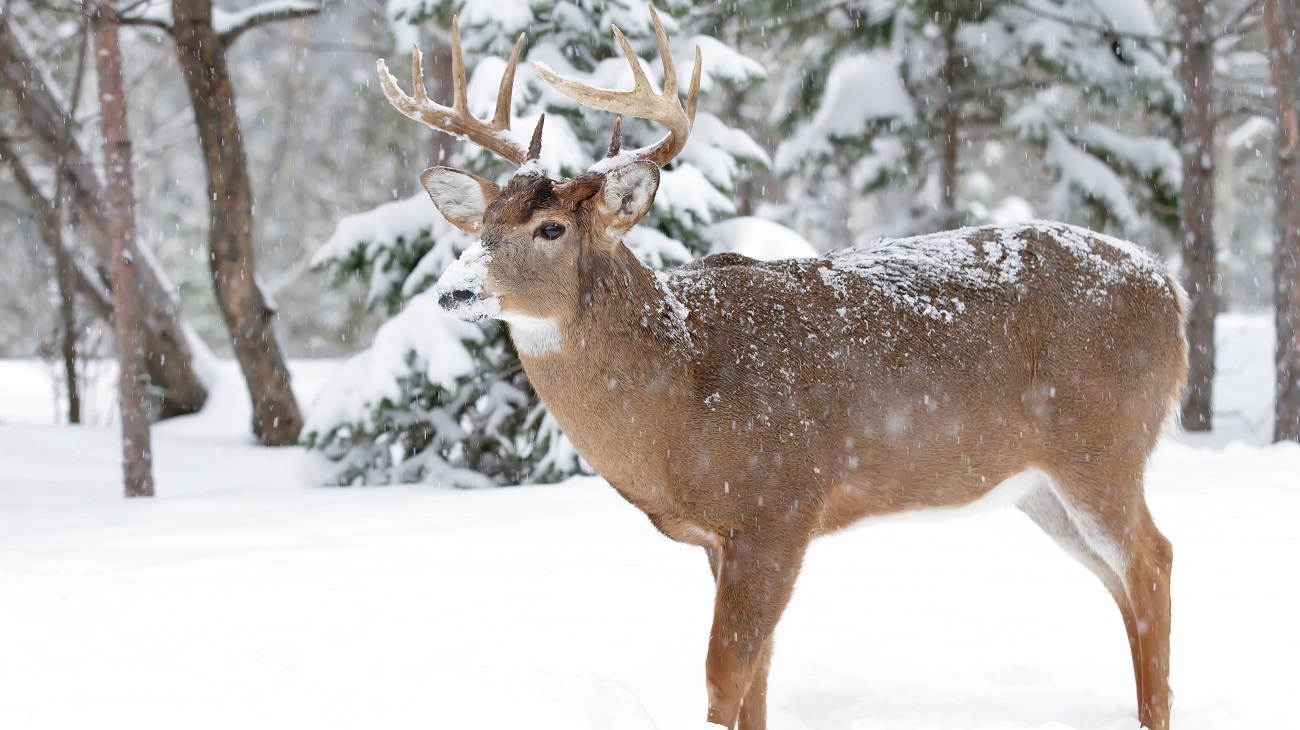Redmond Hunt Blog
Why Mindful Hunting Stewardship Matters | Redmond Core Values
Redmond Hunt August 11, 2023
At Redmond, we believe hunters help conservation in important ways. Learn four things you can do to be a better steward over hunting lands and deer herds.
Dedicated hunters understand hunting is about more than bagging the biggest animal. It embodies making meaningful connections with the land, wildlife, family and friends, and more.
For us at Redmond Hunt, becoming a responsible steward over our land and wildlife is essential to being a good hunter. It’s how we preserve a tradition we value, the critters we admire, and a way of life we love. But what exactly does the concept of stewardship mean? And why does it matter?
Four Pillars of Good Stewardship
Stewardship lies at the heart of Redmond Hunt's principles. It's one of our core values that keeps us aligned and embodies our culture, spirit, and dedication to doing what is right. Stewardship involves caring for and improving something over time, like a property, trust, or privilege. Here are four ways we practice and encourage responsible hunting stewardship—and meaningful ways you can too.
1. Manage Private Lands and Animals
We strive in all ways to respect and nurture the land so it can give back all we need to sustain life for the animals, ourselves, and future generations. For land owners, becoming a good steward starts with quality deer and land management practices.
Private Lands
Privately owned land makes up a majority of the Midwestern and Eastern U.S. Do you own a slice of hunting property? Congratulations! You are an influential agent over your land’s unique habitat. So how well are you managing it? What does your property need to provide deer and other animals the best possible habitat based on what your land currently offers and what surrounding properties supply?
Creating a written management plan is a great way to assess your ground. It will help you record current property conditions, check them against future goals, and ultimately improve the land to sustain healthier herds.
Some areas you may find you want to focus on in a land management plan include:
- Improving bedding areas
- Providing better cover
- Planting food plots
- Managing timber
- Trapping predators
This Quality Deer Management Plan template is a free digital download from the National Deer Association (NDA). It’s a great tool to get you started. If you want a more structured plan to help you carry out property improvement, try the NDA's voluntary Land Management Program. It certifies private properties against an established list of deer management standards. As you progress through the program’s three levels, you'll see your land become a better habitat and hunting ground.
Deer Herds
Good stewardship also means managing the animals on your land. Here are three ways you can take an active role in encouraging healthier herds:
- Know how many deer your acres will support and the number of does and bucks you need to take each year to maintain a healthy deer density.
- Figure out your property’s adult buck:doe ratio and strive to maintain an even balance; generally, that means harvesting an equal number of does and bucks yearly.
- Allow younger bucks to mature and instead harvest the oldest age class of bucks on your property.
Want to further boost your deer management creds? The NDA also offers Deer Steward Certification programs to help you gain confidence, knowledge, and experience.
2. Hunting is Conservation
Hunters are the ultimate conservationists because we have a vested interest in the cause: we can’t hunt critters if they don’t exist! We take our charge of stewarding—and yes, even hunting—seriously. Here is why: national conservation efforts heavily depend on revenue from hunters. In fact, few funds currently exist to preserve and protect fish, big game, birds, and waterfowl without our support.
Here are some fast facts about hunting and conservation from the U.S. Fish & Wildlife Service:
- Hunting license fees and excise tax account for 60-80% of the funding for state wildlife agencies.
- For every dollar spent on Duck Stamps (a required license for waterfowl hunting), $0.98 go directly to purchase habitat or acquire conservation easements within the National Wildlife Refuge System.
- Since 1934, almost 6 million acres of habitat for migratory waterfowl and other birds and wildlife have been conserved with the help of Duck Stamp funds.
- Funds from the Pittman-Robertson Act (which enacts an 11% excise tax on firearms, ammunition, and archery equipment) are distributed yearly to state fish and wildlife agencies to help manage and conserve wildlife populations.
- Since 1937, sportsmen and women have contributed more than $14 billion to conservation through Pittman-Robertson.
Truly, hunting is conservation. At Redmond, we live by that statement. We want our grandkids to hunt, and their grandkids after them. That’s one big reason we hunt—to help ensure the land and critters are funded and protected. And so we can pass down a healthy hunting culture from generation to generation.
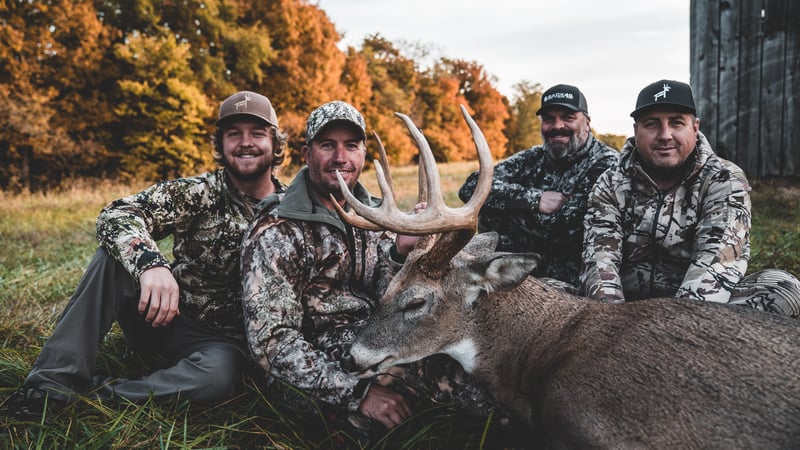 3. Join Reputable Conservation Groups
3. Join Reputable Conservation Groups
Want to do more to protect and promote wildlife and hunting beyond the bounds of your property or the purchase of firearms and licenses? Become an active member of a conservation group. Many vetted pro-hunting organizations positively impact wildlife habitat. They’re also a solid avenue for hunters to voice concerns, promote change, and volunteer time toward conservation efforts in their areas.
Here are a few organizations Redmond Hunt supports through membership:
So what wildlife do you hunt and have a passion for preserving? What efforts mean the most to you? Throw your weight in with a reputable group supporting that cause and do some good! As you participate, you’ll also appreciate that most membership fees go back on the land to buy up hunting properties, access, and fund conservation efforts.
4. Pass it On
While there are currently more hunters today than there were five or ten years ago (thanks to a boost from COVID-19, which turned people outdoors), per capita, the numbers are still going down. Here are some stats from North Carolina State University:
- In 1983 when hunting peaked, 17 million hunters in the U.S. purchased 28.3 million hunting licenses.
- In 2021, 11.5 million people actually hunted, which is less than 4% of the national population.
If the decline continues, hunters themselves may soon become an endangered species. And so might the funds allotted for conservation. That’s why fostering hunting is another critical part of stewardship.
Are you an avid hunter? Then pass it on! Here are a few ways you can pass on the hunting tradition and share your knowledge and skills:
- Mentor a new hunter.
- Allow others to hunt on private lands.
- Support or volunteer with hunter education classes or programs in schools and communities.
- Attend your state's regional wildlife advisory council meetings
Why it Matters
For committed hunters, hunting is more than a sport or pleasant pastime. It’s a culture. A way of life passed down from generation to generation. Hunting teaches us respect for our environment, wildlife, and weapons. We learn lessons and skills that teach the value of life in all things, and we discover the incredible beauty nature has to offer.
We don’t become hunters only when we shrug on camo gear or shoulder a weapon. It’s who we are at our core. And why responsible stewardship matters so much. We want to preserve our hunting tradition—the animals, the land, the skills, all of it—so we can enjoy it today, leave it better, and pass it on tomorrow.
Stewardship is just one of Redmond Hunt's core values that keep us aligned. Click below to learn about three others we embrace!
© Redmond Hunt 2023. All rights reserved.

